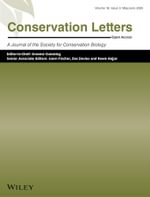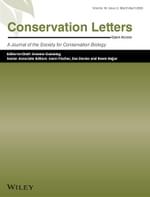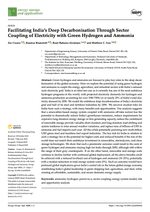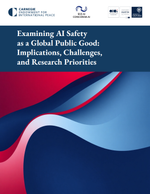World Development
Morgan Hardy, Gisella Kagy, Eyoual Demeke, Marc Witte, Christian Johannes Meyer, The impact of firm downsizing on workers: Evidence from Ethiopia’s ready-made garment industry, World Development, Volume 176, 2024, 106412, ISSN 0305-750X, https://doi.org/10.1016/j.worlddev.2023.106412.
View Journal Article / Working PaperWe analyze matched employee-employer data from Ethiopia’s largest special economic zone during a period of downsizing pressure from the COVID-19 world import demand shock. We observe substantial job displacement during the shock peak, particularly for new hires. These largely female and rural-to-urban migrants persistently “fall off the employment ladder,” remaining unemployed both within and outside the zone even after employers have recovered from the shock. We observe high levels of urbancentered food insecurity and depression symptoms during the crisis peak, regardless of employment status. Our findings highlight the importance of social protection policies within export-oriented development strategies.




